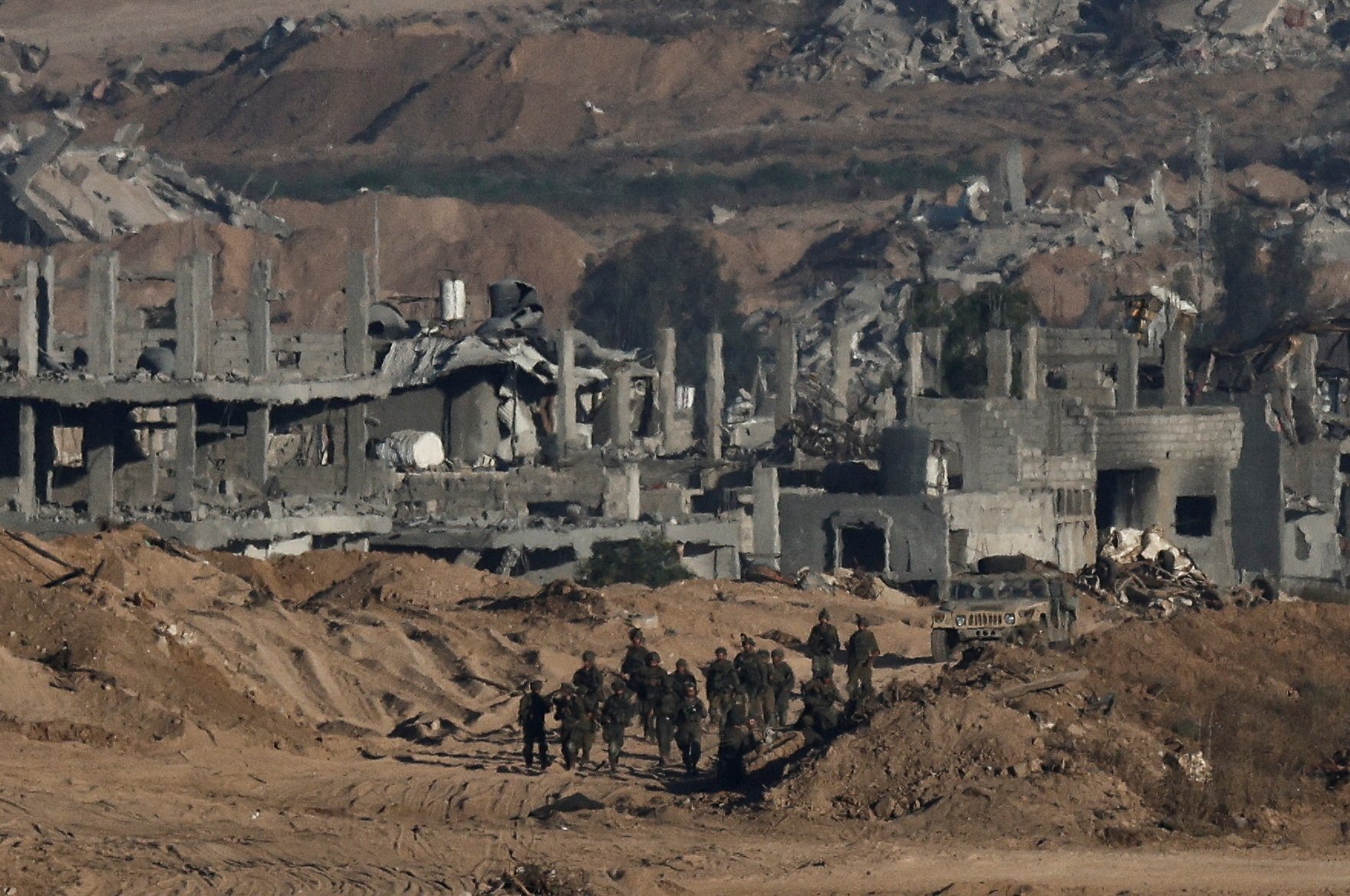
In 1982, my wife Dawn and I spent a couple of weeks travelling around Israel.
We were keen to get a sense of this country, whose inception as a state in 1948 was relatively recent. There had been major wars with Arab neighbours in 1956, 1967 and 1973 that had a profound effect in shaping its security framework and high level of militarisation.
Tel Aviv was a modern, vibrant and bustling city. Jerusalem was easily accessed from there by bus and had all the hallmarks of a special city for many cultures and religions. One could sense though a certain fragility and impermanence, given the turmoil of numerous invasions and conquests that had taken place there over the centuries.
Southwards lay the starkness of the Negev desert, with arid, gaunt hills surrounding it. Eilat, a coastal resort situated on the Red Sea, was a mecca for those seeking sun and relaxation. The Jordanian border was visible from there, but a no-go area at that time. Israeli military personnel were always present.
To the north, a sense of peace and tranquillity could be found in Galilee where life appeared slower and less hectic. Not far from here was Capernaum, a quiet place where Jesus once lived.
We were fortunate to be taken to the top of the Golan Heights, an important strategic point that was annexed from Syria following the 1973 Yom Kippur war. Druze villages dotted the hillsides where families farmed on small plots of land.
Also visible was the road to Damascus in Syria where in late 1918 Lawrence of Arabia would have been leading Arab forces, in the hope of securing a better future for them following the defeat of the Turks and the collapse of the Ottoman Empire.
The British and French colonial powers, though, had other plans which since have all played a part in sowing some of the seeds for Middle East conflict.
We observed Israeli tanks mobilising near the Lebanese border with a full-scale invasion of that country taking place a few weeks later, directed at the Palestine Liberation Organisation. The drums of war have returned there recently involving Hezbollah and resulting in more death and destruction.
Tension in the West Bank and Gaza has been a constant for decades, regularly spilling over into violence: 20 months ago, the militant Hamas group in Gaza launched a violent attack on Israel, sparking an overwhelming military response that has resulted in huge numbers of Palestinian deaths and injuries, allied with immense grief and suffering.
This horrific tragedy continues to unfold daily. Only a few days ago Israel and Iran were both under serious attack: that has fortunately resulted in a ceasefire.
It is a travesty that peace continues to remain elusive in what is often referred to as the holy land despite significant efforts over the years to achieve this.
Extraordinary and inspired new leadership in Israel and its various neighbours is critical: acrimony and grievances need to be set aside. There must be a genuine attempt to work together for the goal of enhancing the welfare of all citizens and rebuilding mutual trust, respect and co-operation.
In particular, the circumstances of the Palestinians in Gaza and the West Bank urgently requires a solution providing them with autonomy, dignity and security so they and Israelis can attain a peaceful future, with each under wise leadership.
Maybe then the holy land will truly become holy again.
— Joss Miller is a retired Dunedin lawyer.










